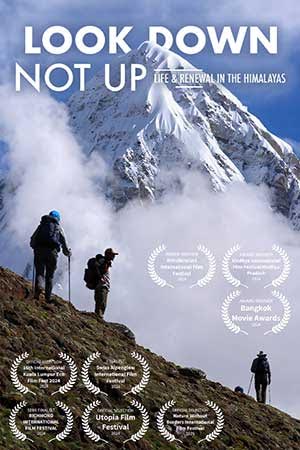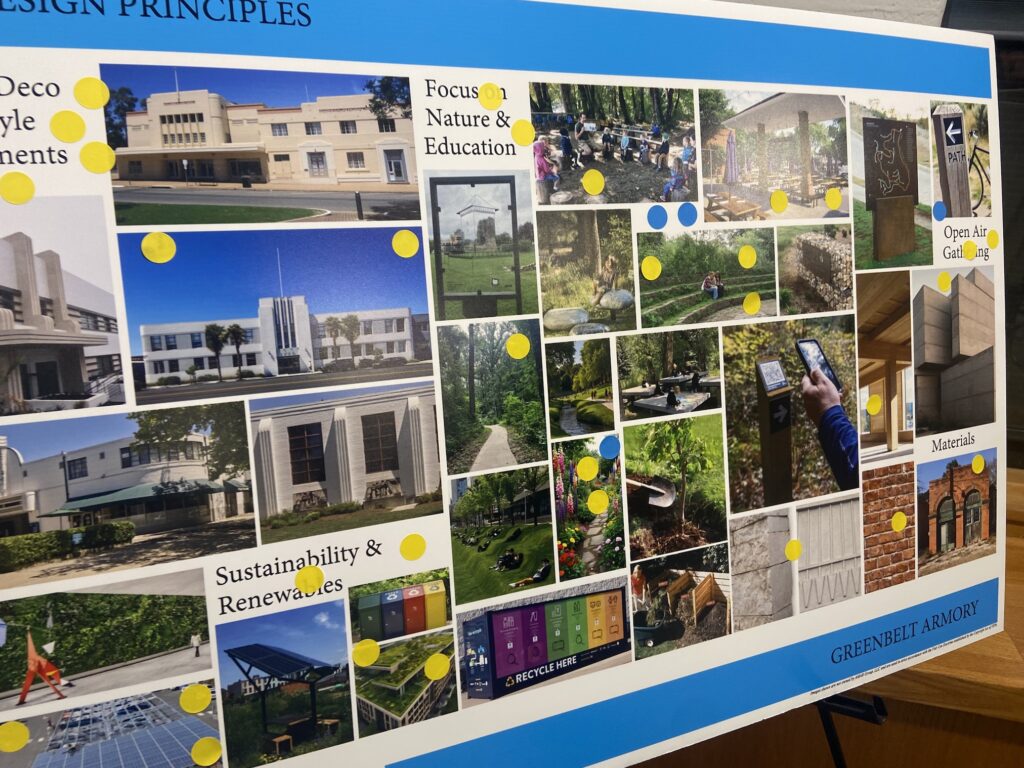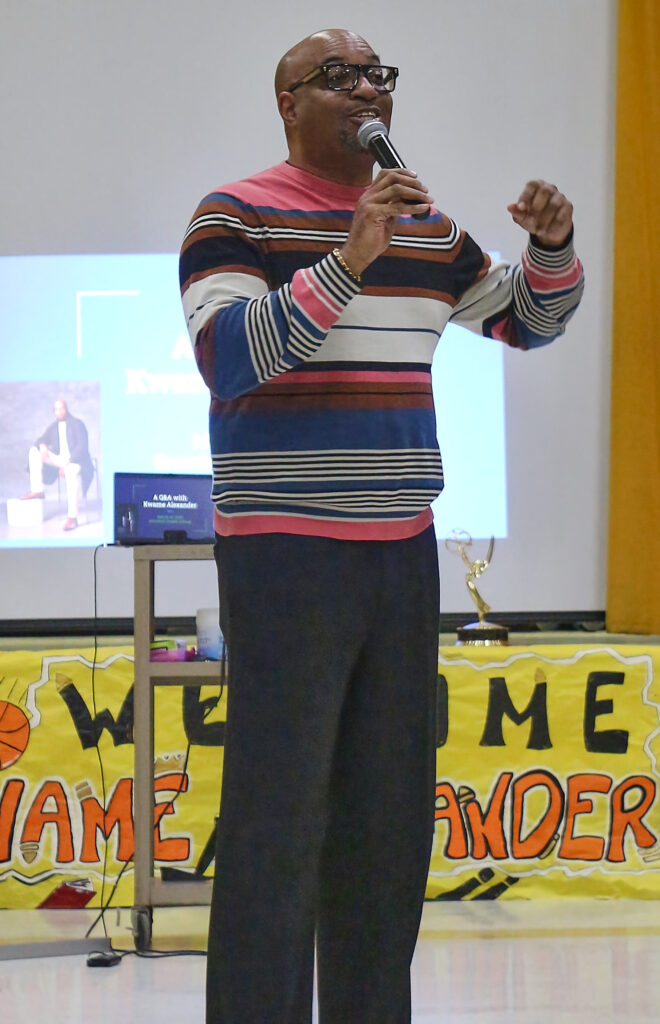Greenbelt’s 20th Utopia Film Festival kicks off Saturday, October 19 and runs through Monday, October 21 with 40 independent films and works of animation.
“Greenbelt was founded to improve the world,” said Utopia committee member Chris Corson. “The films in this year’s Festival ‒ shorts, docs, animations and features ‒ are 40 perspectives on the unfinished business of making the world a better place. Funny, serious, provocative and deeply human, they are worth seeing.”
Utopia, primarily sponsored by Greenbelt Access Television (GATe), takes its name from the idealistic New Deal origins of Greenbelt, built during the Depression as an experimental community aimed at social harmony. Works will screen at the Greenbelt Cinema, the New Deal Café and the Municipal Building. With light-hearted animations, compelling dramas and hard-hitting films focused on environmental, political and social justice issues, this year’s selections reflect the wide-ranging world of independent filmmaking. A number of filmmakers will be available to meet audiences and answer questions.
“The Utopia Film Festival always brings excellent independent films to Greenbelt,” said Frank Gervasi, Utopia manager of operations and GATe president. “Many filmmakers come here to discuss their work, which is always exciting. The positive feedback we get from our viewers, participants and the filmmakers themselves makes this an exceptionally worthwhile event.”
Racism
Several documentaries look at the historic impact of racism, including Just Another Bombing? This is Donal and Iona’s Story. Donal Godfrey was 6 years old when he became the first African American student in his Florida elementary school. His family faced retaliation in the form of a 1964 Klan bombing of their home. Donal and his mother recall the horrific incident in this compelling documentary.
Get on the Bus! follows a group of Marylanders who travel by bus to Montgomery, Ala., to deliver a soil sample from the site of a 19th century lynching to the National Memorial for Peace and Justice. The film’s director, Justinian Dispenza, also made Looking Inward: Black History & the Arts, about artists who explored thousands of documents and images about Black history in the Chesapeake region to inspire their own art works.
Sports and Music
Beisbol: The Legends of Puerto Rico recounts how African American baseball players, professionally banned in the American big leagues from the 1920s to the 1960s, were welcomed to play in Puerto Rico. Negro League Baseball Comes to Greenbelt includes interviews with original Negro League players who visited Greenbelt and shared their stories. Another sport, tennis, is the focus of Almost Heaven, about a Pittsburgh tennis club that decided to become more inclusive. The sport of powerlifting, a form of weight-lifting, is explored in the documentary Power Through, as 85-year-old powerlifter Jim Gallagher confronts obstacles, including the Covid epidemic, in his 2020 quest for a world record.
But obstacles didn’t stop Ola Belle Reed, a gifted musician from Appalachia who made her mark on country and bluegrass music as its popularity grew in the 1960s. The poignant, music-filled documentary I’ve Endured: The Music and Legacy of Ola Belle Reed tells the compelling story of a woman who devoted her life to making mountain music and helping those in need. This film will lift the heart.
Environment
Other works focus on the environment. Saving Walden’s World documents the ethical crisis faced by an arms dealer troubled by the impact of weapons on the environment who seeks to redeem himself. Look Down Not Up follows the 2022 journey of scientists and citizen-scientists through Nepal and the Everest region to discover and document mushroom species.
Animation
The animation Lunatic is about abandoned astronaut Antonio, left alone on the moon to grimly observe human trash floating through the atmosphere.
Another animation, I Create as I Speak, takes a playful and provocative look at the power of computer-generated ‒ or AI ‒ art. For the Utopia Film Festival Committee, the quality and quantity of excellent independent films reflects the technological advances that have opened filmmaking up to thousands of creators of all ages.
History
“In 2005, a small cadre of GATe staff and members launched the Greenbelt Utopia Film and Video Festival,” recalled Utopia Executive Director Chris Haley, noting that earliest film formats accepted by Utopia included VHS, Betamax and even a few reel-to-reel films. The festival name was shortened, and eventually DVDs took over. But today all works are submitted online, and volunteer screeners evaluate films from home or with others at the GATe television station in the Community Center. Along with numerous films from American filmmakers, this year’s selections include works from The Netherlands, China, Iran, Nepal, Kenya, Turkey, Puerto Rico and Canada.
Greenbelt resident and longtime-Utopia helper Rebecca
Holober looks forward to meeting filmmakers who often come great distances to interact with Utopia audiences.
“Being part of a film festival allows me to contribute to the celebration and appreciation of cinema and to help create a memorable experience for festival attendees,” she said.
For more information about venues, tickets and schedule, visit utopiafilmfestival.org and the ad on page 16.




